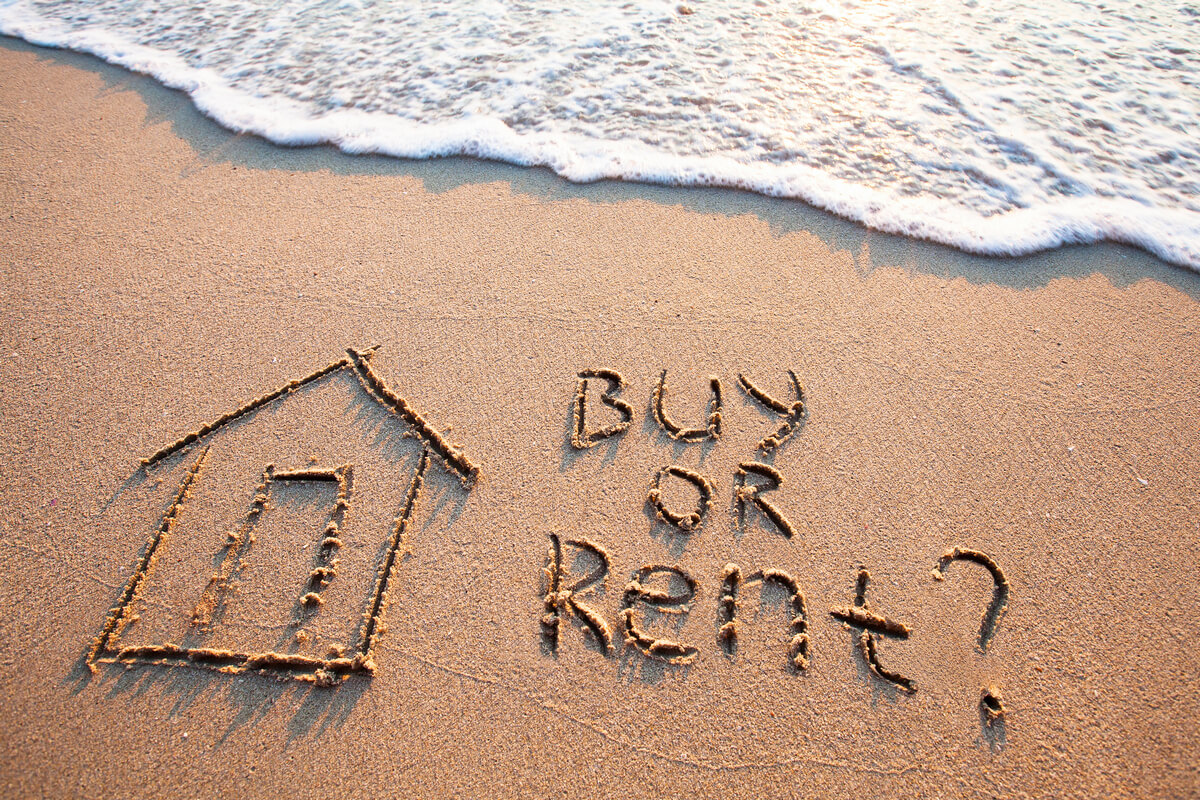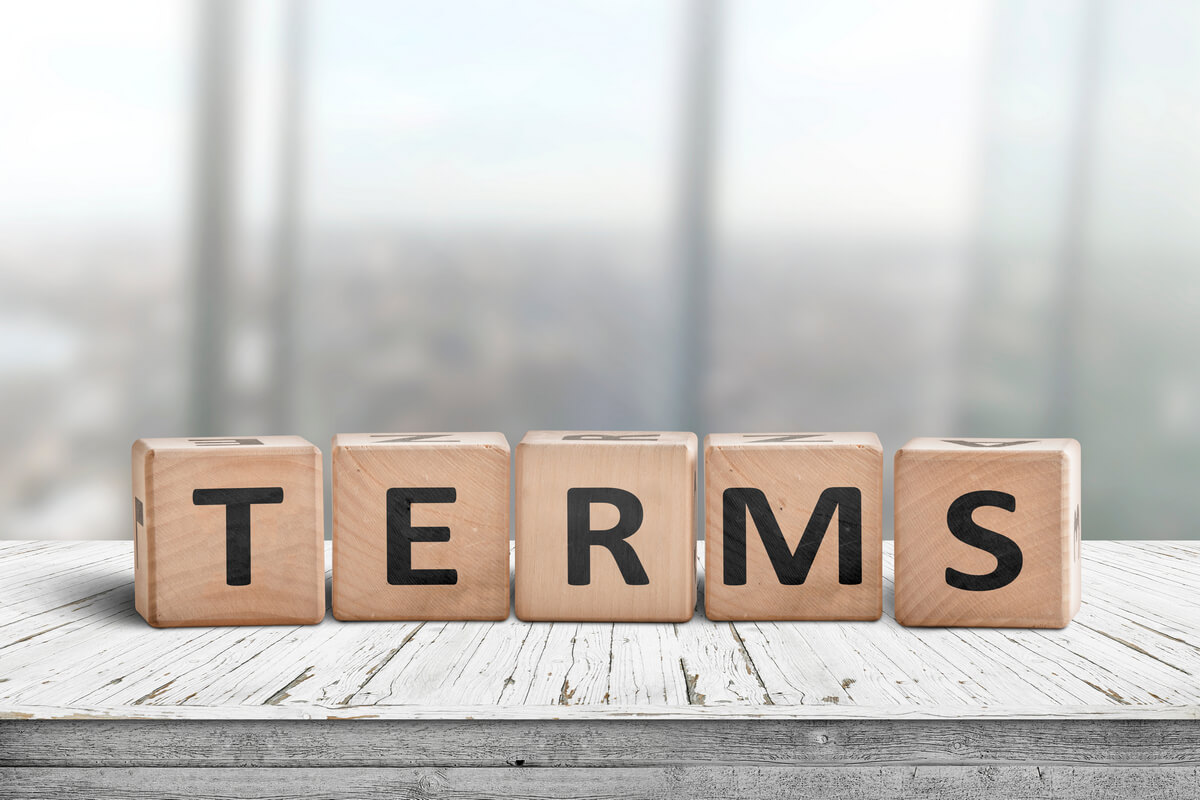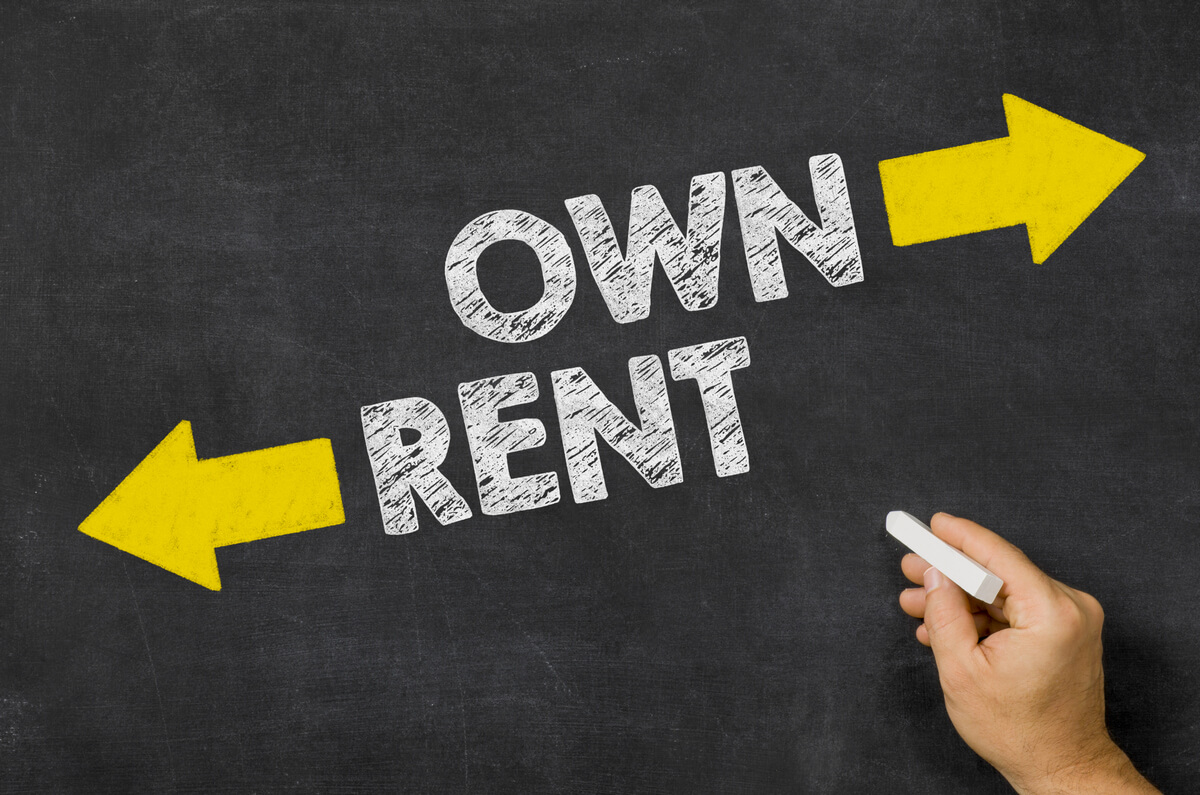Rent-to-own is a popular transaction agreement for large sales. When it comes to homes, though, many buyers are skeptical of rent-to-own scenarios. It’s good to approach any property sale with caution as buying a home is likely the biggest purchase of your lifetime, but rent-to-own can be a good option for some buyers.
If you’re struggling to get approved for a traditional mortgage, rent-to-own could make homeownership more accessible. You should always be fully informed and educated before signing anything, though. If you’re considering rent-to-own, you need to understand how the process works, what you should expect to pay, and what the benefits and risks are.

How Rent-to-own Works
In a rent-to-own agreement, you commit to renting the home for a certain amount of time, and you’re given the option to buy the property before the lease ends. While leasing the home, you pay rent just like you would with a traditional rental. In some cases, a portion of this rent payment is applied to the sale price of the property.
There are two main types of rent-to-own transactions: lease options and lease purchases. With a lease option agreement, you have the option of buying the home when the lease ends, but you aren’t required to. If you choose not to buy, you can allow the lease to expire and move out like a traditional rental. This is a great choice for those who aren’t sure whether or not they want to buy the property but would like to have the option.
Lease purchases, on the other hand, have stricter terms. Most lease purchase transactions include a finalized agreement that you’ll buy the home by the end of the lease date. You may need to invest a percentage of the home’s value upfront like you would with a traditional down payment. Lease purchases can be good for people who are certain that they want to buy the home but need the extra time to secure a mortgage or sort out other financial matters.

Agreement Terms
A rent-to-own transaction is a long-term agreement, so it’s critical that you and the lender finalize the terms before you sign. Your first responsibility is to pay rent, so the contract should specify your monthly payment. It should also explain whether or not a percentage of the payment goes toward the purchase price of the home. If this is the case, you should expect the monthly rent payment to be slightly higher than average.
Most rent-to-own contracts will also specify the purchase price. It’s typical for the purchase price for a rent-to-own home to be a little higher than its true market value. Sometimes, the lender won’t set the purchase price until the lease expires. For buyers, though, agreeing on a price from the beginning is usually preferable, especially if home prices are increasing in your area.
The contract should include terms regarding home maintenance, too. Although the landlord is responsible for maintaining the property under a typical rental lease, repairs may be your responsibility with a rent-to-own agreement. Maintenance can be expensive and time-consuming, so it’s an important consideration when deciding if a rent-to-own contract is acceptable for you.

Are You a Good Candidate?
Rent-to-own isn’t the right option for everyone, but it can be an excellent way to ease into home ownership if you’re a first-time buyer. To be approved for a mortgage, you need to meet a number of qualifications. Lenders want to see a strong credit history, steady income, and a down payment. It can be difficult for first-time buyers to meet these requirements, but rent-to-own provides an easier pathway into homeownership.
The rent-to-own agreement guarantees that you’ll have an option to buy the property, which means you don’t have to compete against other interested buyers. It also gives you extra time to build credit, save for the down payment, and make other financial arrangements you may need before officially buying the home.
This can be especially helpful in areas with skyrocketing real estate prices. Even if you’re financially capable of paying a mortgage right now, it can still be difficult to get approved if you don’t have a sizable down payment saved up. Rent-to-own makes homeownership more accessible for anyone in an expensive real estate market. It also secures your rent and home price for a few years, which is valuable in highly competitive neighborhoods with rapidly increasing costs.
However, you should only pursue a rent-to-own agreement if you feel confident that you’ll be able to purchase the home by the end of the lease. If you don’t expect your financial situation to change, you may not be able to buy the property, and the additional premiums and fees you’ve paid on top of your rent will go to waste.
Rent-to-own can be a great path to homeownership if you’re certain that you want and will be able to purchase the home when your lease expires. It is a major financial commitment, though, so you should approach the situation with caution. Read the terms of the agreement carefully and consider your financial circumstances before you sign a rent-to-own contract. As long as you know what you’re signing and are sure of your decision, rent-to-own can be an ideal opportunity to transition into homeownership.



